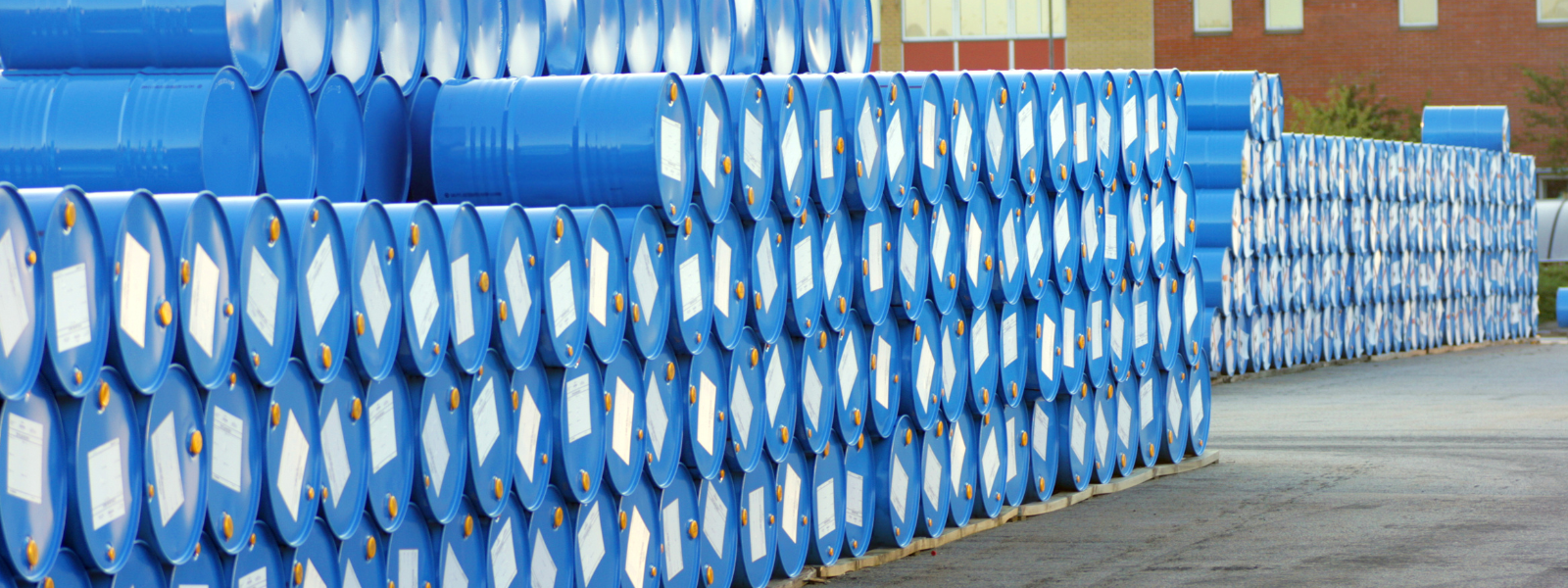Proper disposal of solvents is a crucial aspect of responsible waste management for businesses. Solvents are often used in various industries for cleaning and many other processes. However, improper disposal can lead to environmental pollution and risks to human health. This blog post will explore how to dispose of solvents and highlight some responsible methods for disposal.
Importance of Responsible Solvent Disposal
Learning how to dispose of solvents safely and responsibly is essential to protect the environment and public health. Solvents can be hazardous to the environment: contaminating several vital elements; if these elements are not disposed of properly. Exposure to hazardous solvents can pose health risks to workers and the public. Proper disposal prevents accidental exposure that may occur. Additionally, many countries have strict regulations governing hazardous waste disposal, including solvents. Non-compliance can result in penalties and legal issues for businesses.
Safe Methods for Disposing of Solvents
There are several responsible ways that solvents can be disposed of safely. One such way is by recycling them. Recycling solvents is an environmentally friendly option, as some can be re-processed and reused, reducing the need for new and raw materials. Another safe method is high-temperature incineration, which converts the solvents into less harmful byproducts. To neutralize hazardous components, chemical treatment processes can make solvents less harmful before disposal. Finally, if recycling or treatment is not feasible, secure hazardous waste landfills are designed to prevent contamination.
How to Dispose of Solvents
There are several steps when disposing of solvents:
- Identify hazardous solvents – determine which solvents used in your business will require special disposal
- Use certified disposal facilities – choose authorized disposal facilities that comply with environmental regulations and that are equipped to handle hazards
- Package and label properly – ensure solvents are securely packaged and labeled to prevent accidental exposure
- Train workers – educate employees on the importance of proper disposal and the correct procedures to follow
More Information about Solvent Disposal
Understanding how to dispose of solvents safely and responsibly is a critical responsibility for businesses. It allows them to contribute to environmental stewardship and uphold a commitment to sustainable waste management. It also protects public health. Safeguarding the environment through adequate practices is a strong belief at Ecolink, as we have been providing our chemical solutions and services for decades. For a full list of our products, visit our online store here. Or, to receive more information about how we can assist with your business needs, request a consultation from our expert team today!















